The forgotten refugee crisis in Cameroon
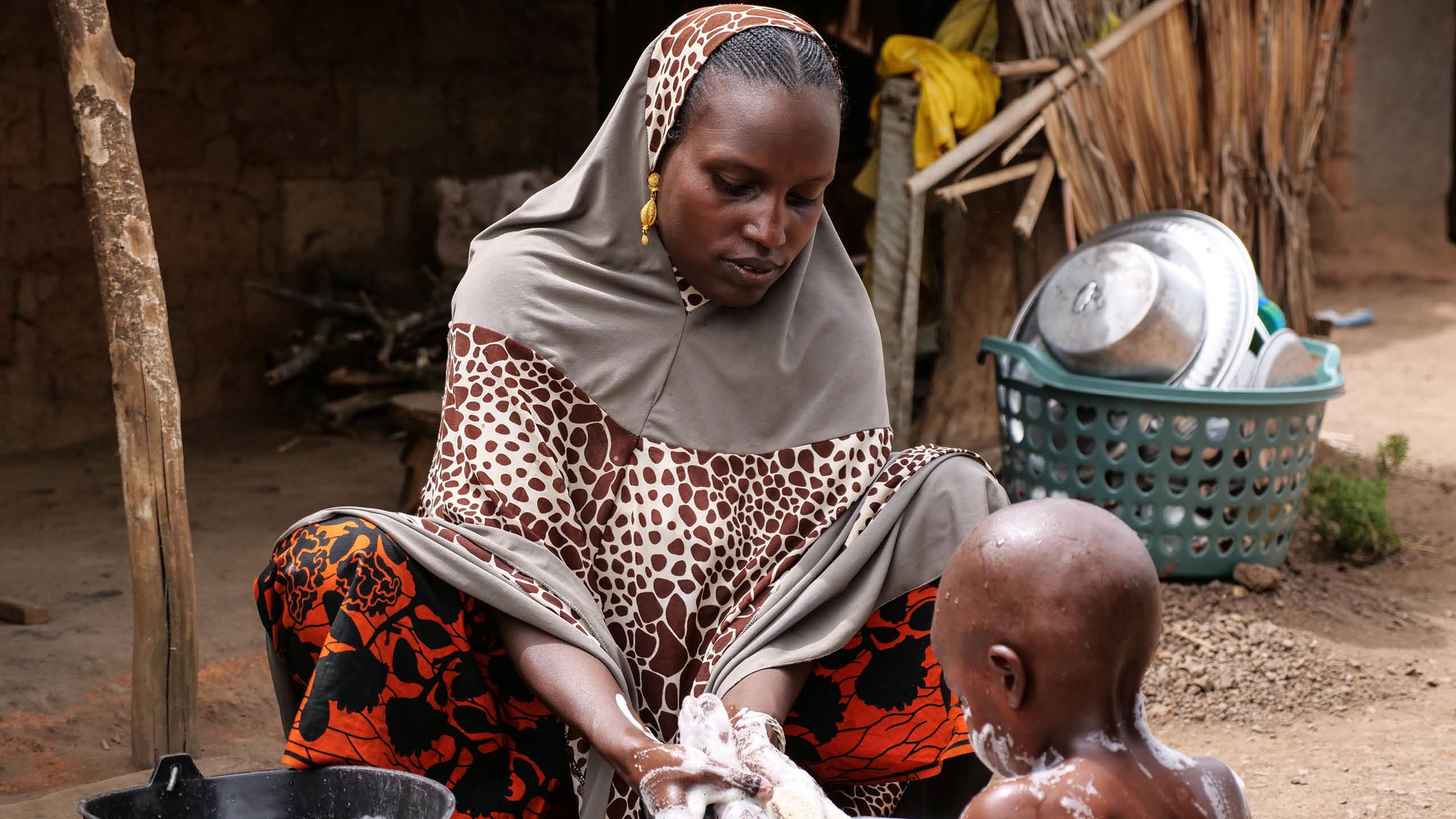
Violence exploded in the Central African Republic. Thousands of families crossed the border into Cameroon in search of safety. They were welcomed. They received food and housing. But that was more than seven years ago. Now, they are forgotten.
Cameroon is no stranger to diversity. It is known for its diverse landscapes, with vast desert plains, lush rainforests and stunning waterfalls within its borders. It is also known for an impressive cultural diversity, with its 25 million inhabitants speaking approximately 250 different languages between them.
But unfortunately, Cameroon is also the scene of three different humanitarian crises within its borders. In the Far North region, Cameroon has become embroiled in the Lake Chad Basin Crisis along with Nigeria, Chad and Niger. In the North-West and South-West regions, armed groups seeking to form an independent state are engaged in a brutal battle with Cameroon’s military that has left civilians caught in the middle.
But perhaps the least well-known of Cameroon’s humanitarian crises can be found in the east of the country, near the border with the Central African Republic (CAR).
Political and sectarian violence exploded in CAR in 2013. By 2014 many citizens had fled their homes and sought safety in other parts of the country. But others decided that they would only be safe if they left their country altogether, and fled across the border into Cameroon. As a result, as of March 2021 there are around 290,000 Central African refugees living in Cameroon.
According to ACAPS, around 30 per cent of these refugees are living in refugee camps. Camps like Lolo refugee camp, home to 12,395 refugees and run by UNHCR, the UN refugee agency.
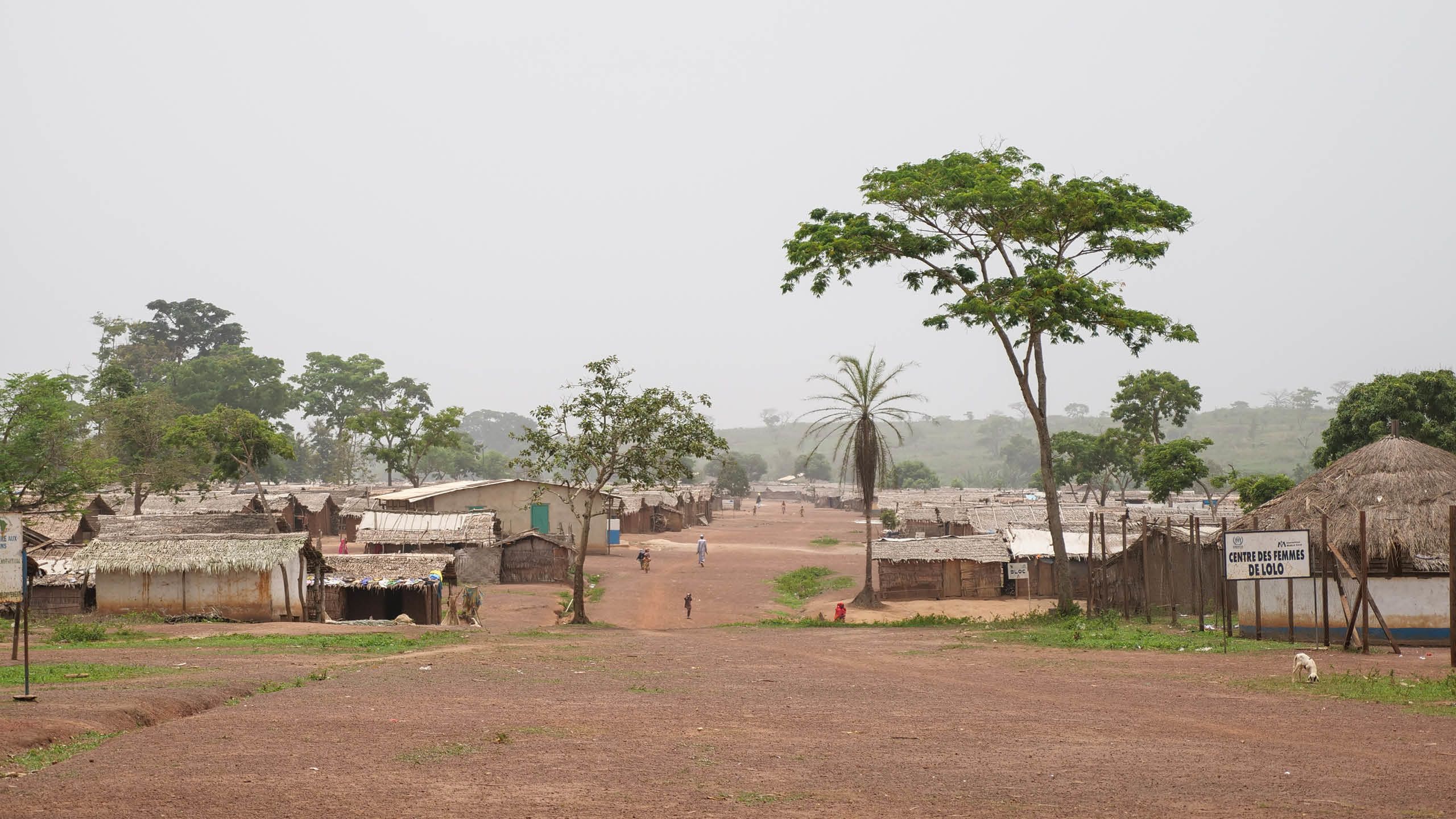
The entrance to Lolo refugee camp. Photo: Itunu Kuku/NRC
The entrance to Lolo refugee camp. Photo: Itunu Kuku/NRC
NRC will not ignore this crisis. We are responding to the most neglected crises in the world, helping people in desperate need. Support our work today.
Fadimatou, 27, and a mother of three, arrived in Lolo refugee camp in 2014.
Life has not been easy for her in the camp. After she arrived, the food support that she used to receive was cut short. This was due to a lack of funding that forced the World Food Programme (WFP), one of UNHCR's partners, to drastically reduce food support to refugees in the East of Cameroon by as much as 50 per cent.
"In the beginning, UNHCR distributed food to us. But for three years now we have not received any food assistance. One day, they posted a list of names for those that would continue to receive food assistance. We went to look for our names but our names were not listed. So now if our neighbours receive something, they share with us and we have something to eat."
She lives in a tiny house with a thatched roof that is no match for the rainy season.

Fadimatou has tried hard to make her house feel like a home, but the roof is unable to keep the rain out in the rainy season. Photo: Itunu Kuku/NRC
Fadimatou has tried hard to make her house feel like a home, but the roof is unable to keep the rain out in the rainy season. Photo: Itunu Kuku/NRC
"Now that it is the rainy season, the roofs of our houses are leaking. When it rains at night, we have to get up and move the children so that the rain doesn’t drip on them.
“At the hospital there are no medicines. If we arrive there without any money we won’t receive any medicine. If we fall sick we have to try to rest and recover at home. It’s the same with our children. If we have no money we have no choice but to watch our child lying sick in bed and pray that God will heal the child. God willing, the child recovers.”
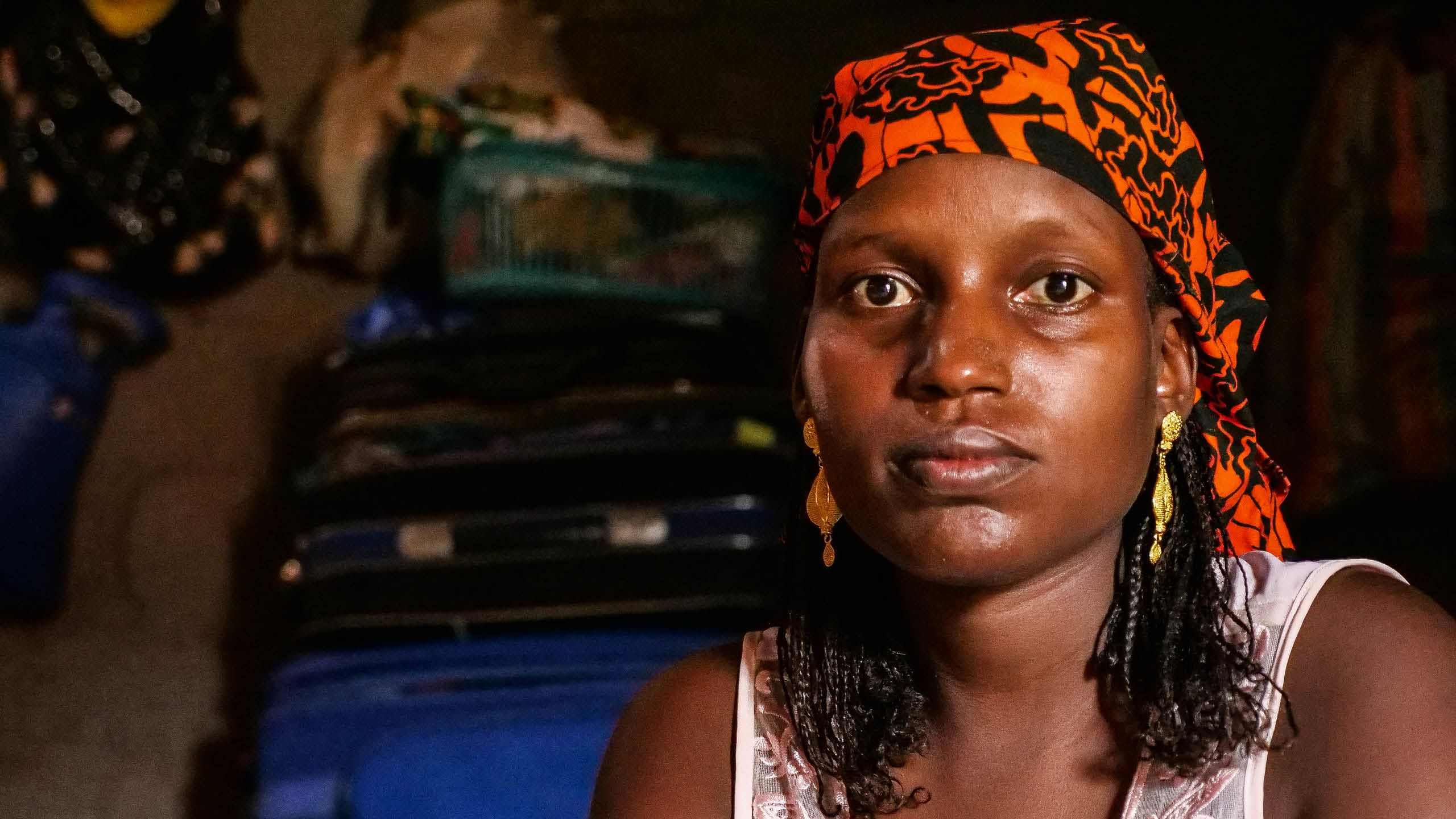
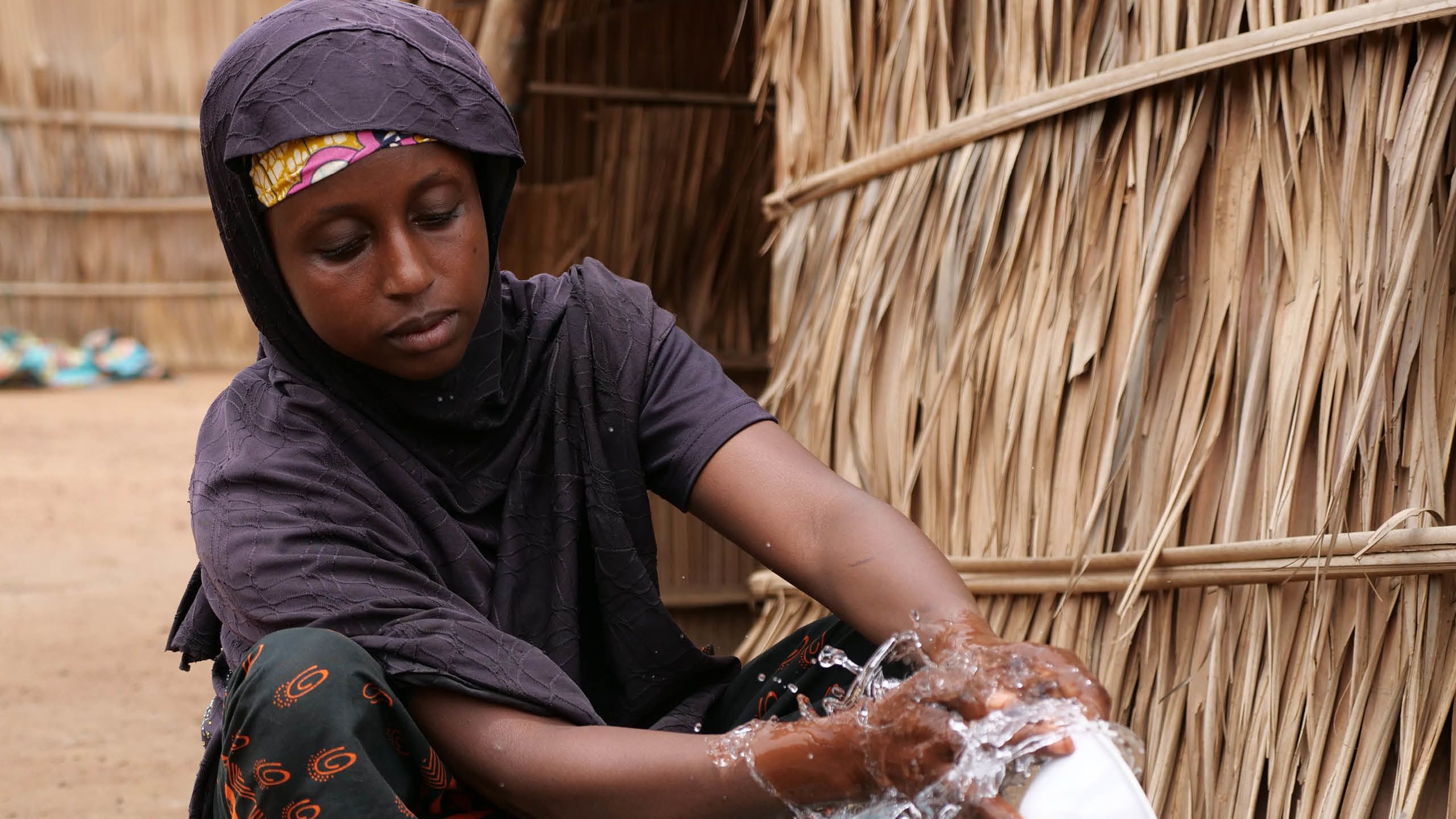
Aissatou, 30, is another refugee from CAR living in Lolo camp.
When she fled in 2014, she initially left her village and went to a nearby town. But she spent only five days there before violence forced her to flee again and she crossed the border into Cameroon with her family.
After arriving in Lolo, she received food support and continued to receive it even after the funding cuts. This was because one of her children was severely malnourished and she was considered to be highly vulnerable. She received assistance in the form of cash on a mobile phone. But even this assistance might be nearing its end.
“Those of us that received this assistance would often share the little that we could with our neighbours that didn’t receive anything.”
“UNHCR gave us mobile phones and would send us a text message that we could show in a shop and simply choose whatever we needed. We used this to buy rice, oil, pasta, tomatoes, meat, even sauces. But they only selected a few people for these mobile cash transfers.
“Those of us that received this assistance would often share the little that we could with our neighbours that didn’t receive anything. UNHCR told us the assistance would be for two years and now those two years are up. We don’t know if it will be renewed or not.”
While many refugees are in camps like Lolo, most (around 70 per cent) are actually living in villages alongside Cameroonian communities, who have welcomed them generously.
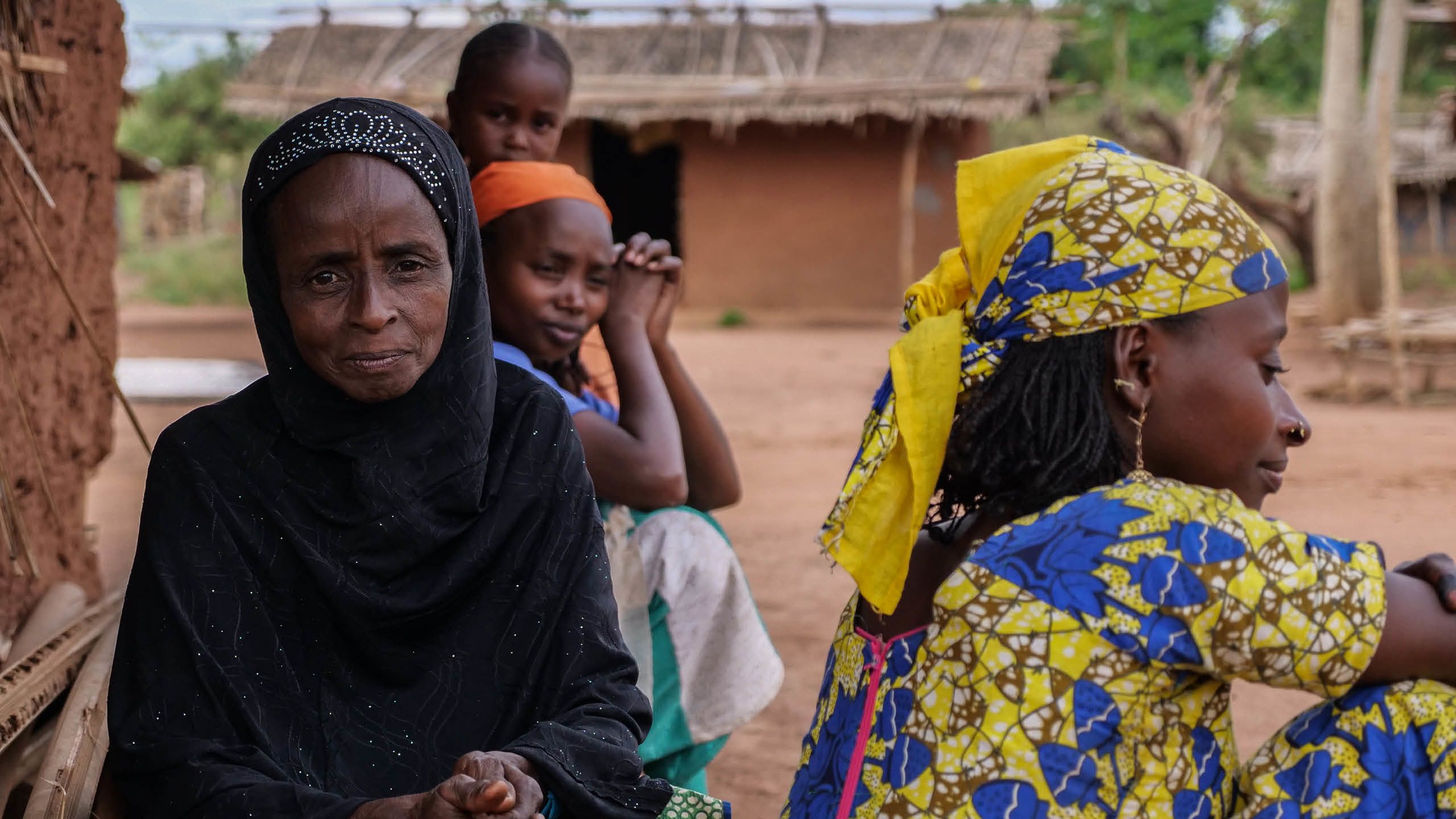
Hapsata, 62, has lived in the village of Gaïna, in the East region of Cameroon, since 2014.
“When we arrived in this village, we went to speak with the village chief. He allowed us to stay here and even granted us this land, which was still bush that we had to clear. We constructed small houses to sleep in and the village chief gave us some fields to farm.”
This display of generosity and hospitality on the part of the Cameroonian host community is noteworthy, especially in an era where refugees are often vilified and scapegoated as lazy, dangerous and expensive.
We spoke to the chief of a Cameroonian village to better understand the perspective of host communities.
NRC will not ignore these crises. We are responding to the most neglected crises in the world, helping people in desperate need. Support our work today.
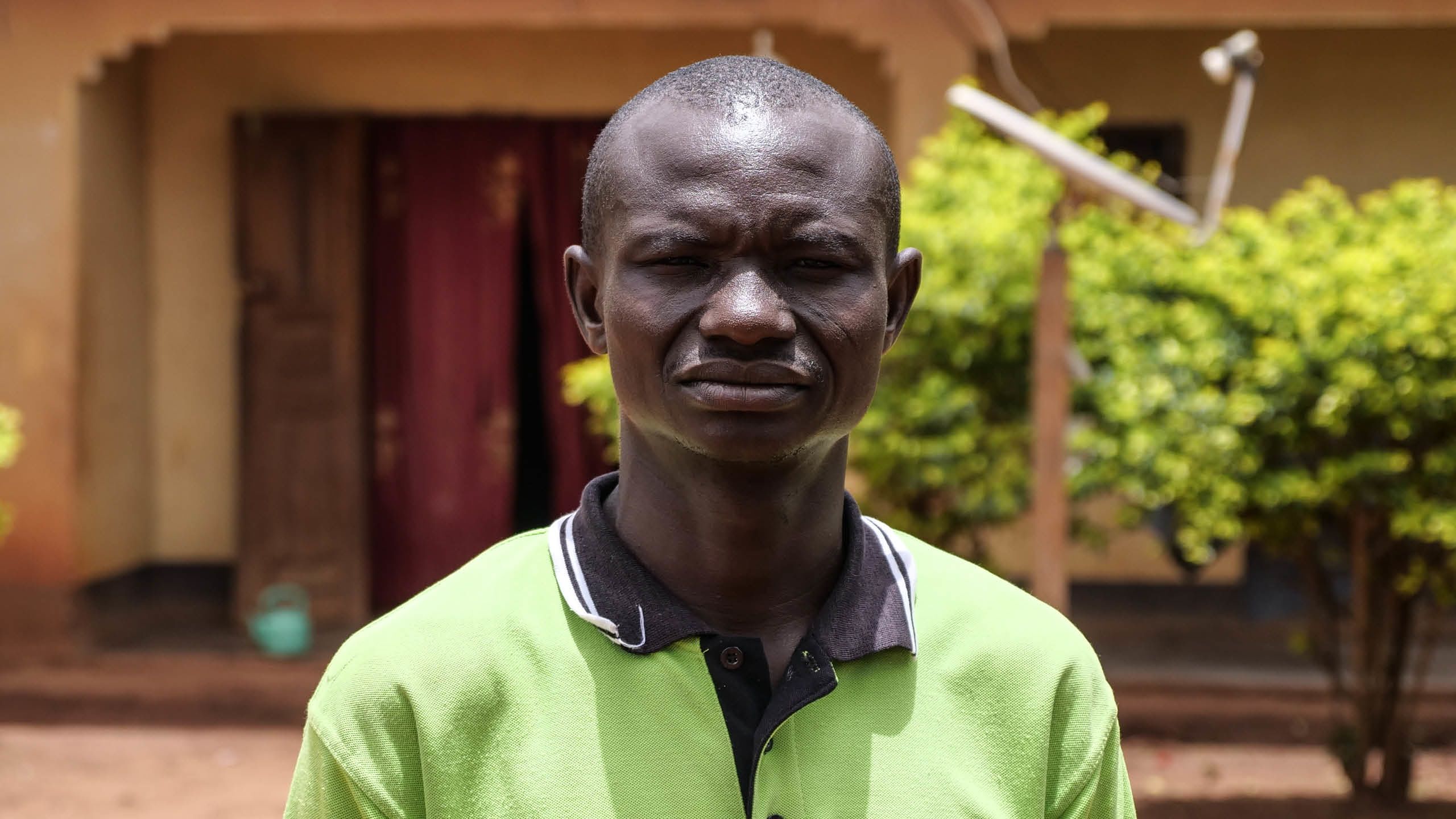
Mathias Nargaba Ndambi, 33, is the traditional village chief of Bedobo. In 2014, Mathias’s village welcomed more than 800 refugees from the Central African Republic. After their arrival, he not only set aside a parcel of land in his village for them to build homes, but he also made it official by giving them a written document declaring their right to live there.
When asked if there have been any conflicts, he acknowledges that it hasn’t always been easy welcoming so many refugees.
“In the beginning when they arrived, the increase in the population led to a decrease in the availability of food resources. Also when some of them arrived with their cattle, the cattle were the cause of conflicts because they ate the fields of some of the villagers.
“Despite this, with the support of aid organisations, we have been able to tackle these challenges and life is going well now.”
The community has worked on proactively reducing conflicts and tensions. Mathias leads a committee made up of both refugees and members of the host community to make sure that any conflicts are resolved and that both communities can live together harmoniously.
In different interviews in several different villages, refugees were unanimous in expressing their gratitude to their host community. Many offered prayers to the village chiefs that welcomed them, praying that God might bless them for their generosity.
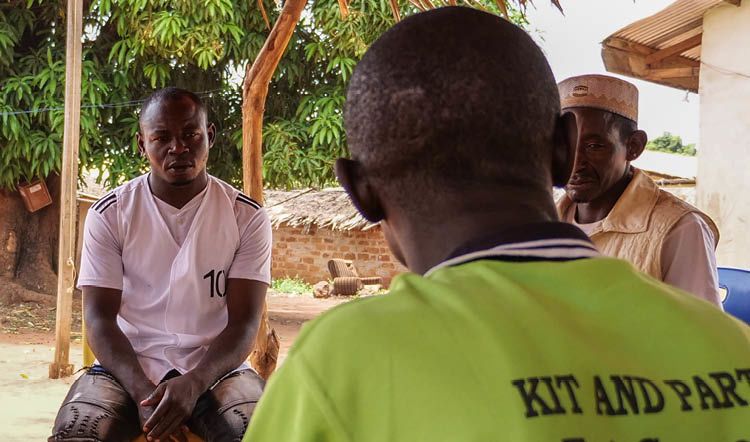
Mathias leading a community meeting. Photo: Itunu Kuku/NRC
But although they may not face problems from their host communities, refugees nevertheless face several real challenges. One of them relates to freedom of movement.
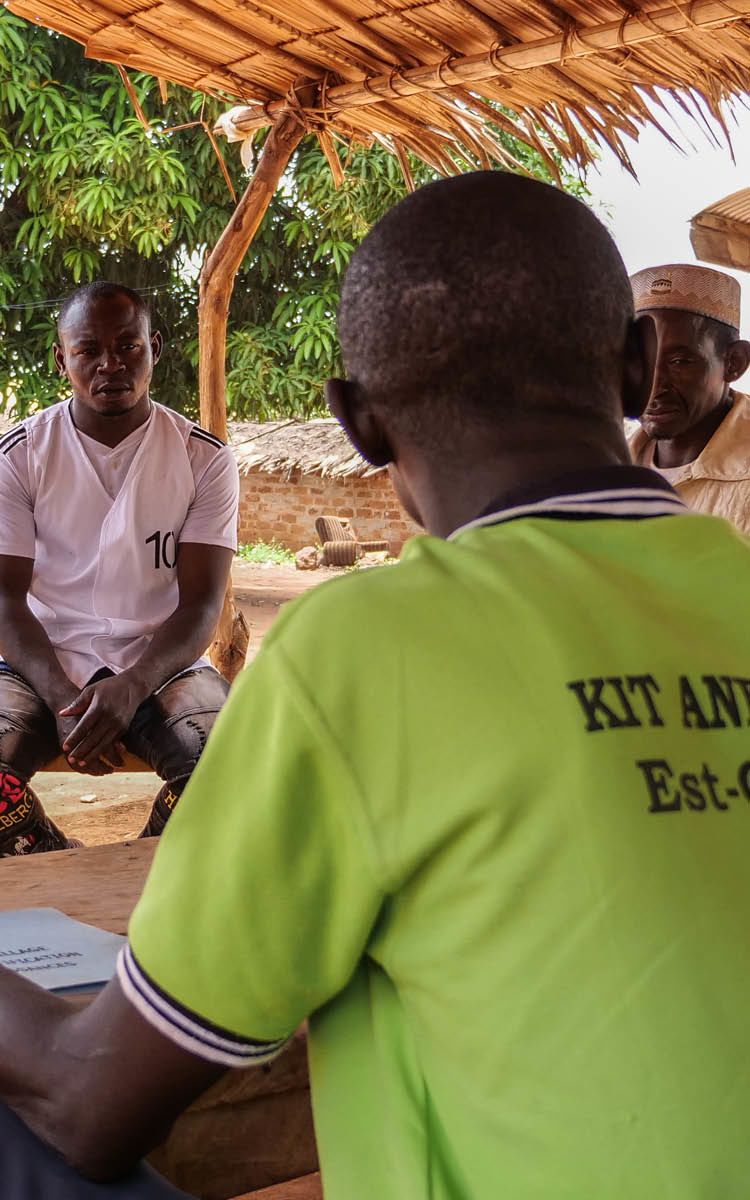
Mathias leading a community meeting. Photo: Itunu Kuku/NRC
Mathias leading a community meeting. Photo: Itunu Kuku/NRC
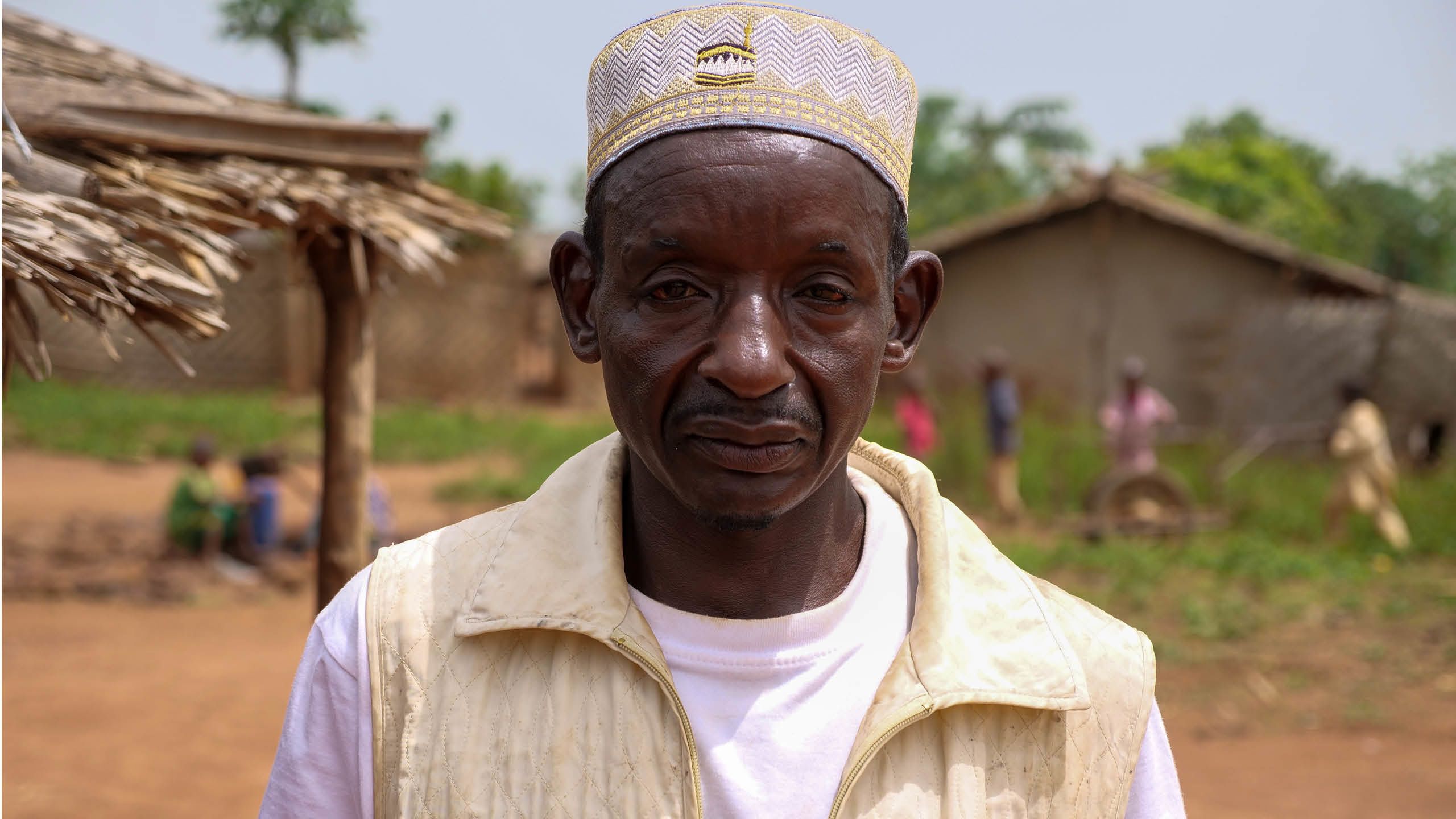
Younousa Ibrahim, 48, left his village in CAR and fled to Bedobo village in 2014. He says that freedom of movement is one of the major problems that refugees living in Cameroon experience.
“When I’m travelling on public transport and get stopped at checkpoints, I bring out my (refugee) ID card. When they see on the card that I’m a refugee, they say: ‘Where are you going? You refugees are not allowed to move freely.”
“They say that our refugee ID means we should stay where we are and not move. Even if we fall seriously sick or try to visit a sick relative, they stop us and send us back. So, we are here like prisoners. We are not allowed to move freely. They just want us to stay in this village.”
Another crucial challenge is related to civil documentation. Having been in Cameroon for over seven years, many refugees have given birth to children here.
These children have no identifying papers, either from their homeland CAR or from Cameroon. Some parents are unaware of the procedures for applying for a birth certificate, while others do not see the importance.
However, the importance of birth certificates cannot be understated. First of all, every child has the right to a legal identity and these young children are at risk of statelessness. Secondly, birth certificates guarantee access to social services.
In Cameroon, although any child can enrol in primary school, students are not allowed to take their final exams at the end of primary school without first presenting their birth certificates.
To address this, we are helping parents in the area to get birth certificates for their children. This assistance is made available to refugee children that were born in Cameroon, children that arrived across the border with their parents, and children from the host community.
The process is long and complex, and requires our staff to work with local authorities, judges and even medical professionals who are sometimes called upon to estimate the ages of older children. The process culminates with a distribution ceremony in which our staff distribute the certificates to gathered parents.
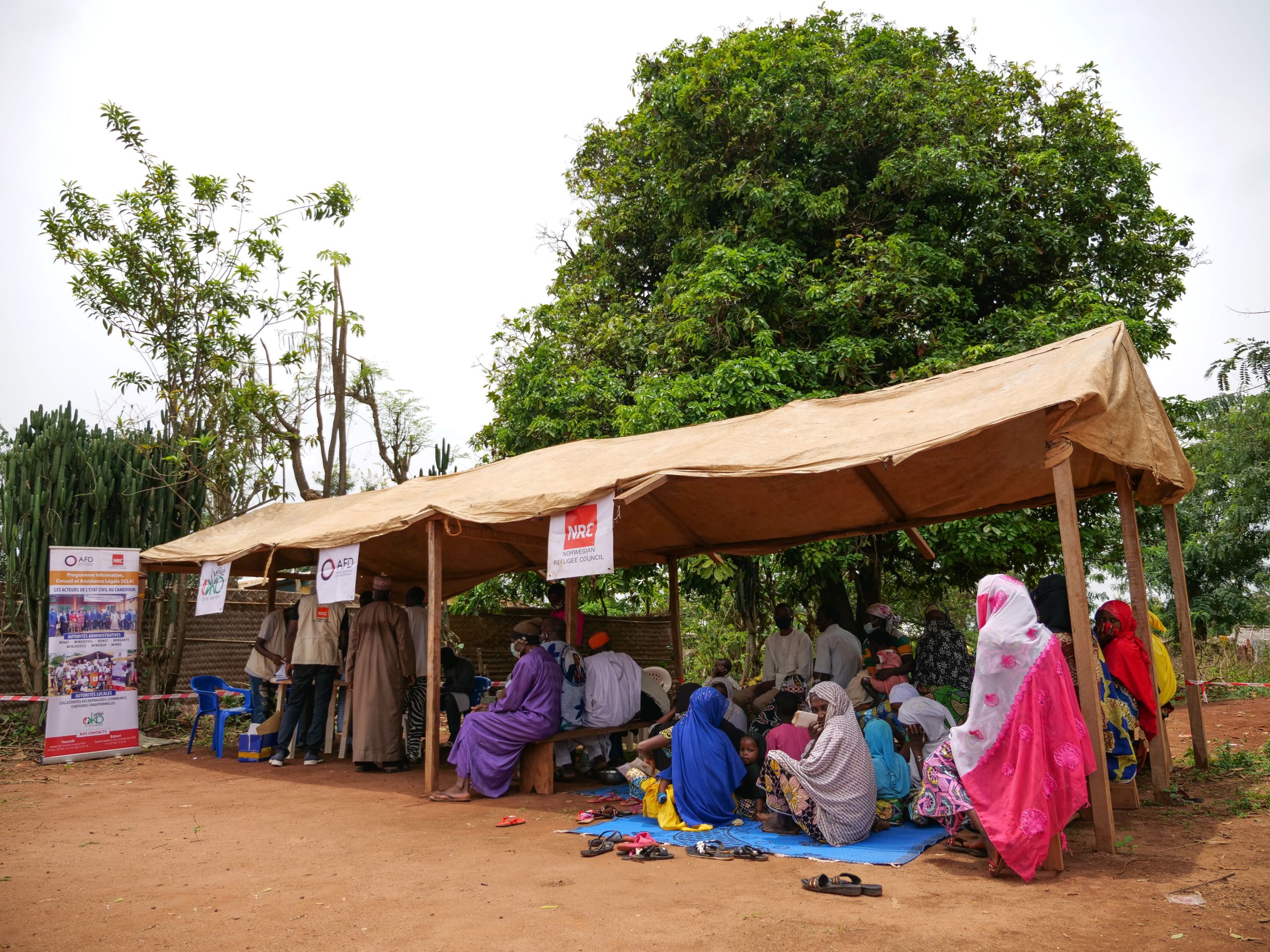
Parents gather to receive birth certificates for their children. Photo: Itunu Kuku/NRC
Parents gather to receive birth certificates for their children. Photo: Itunu Kuku/NRC
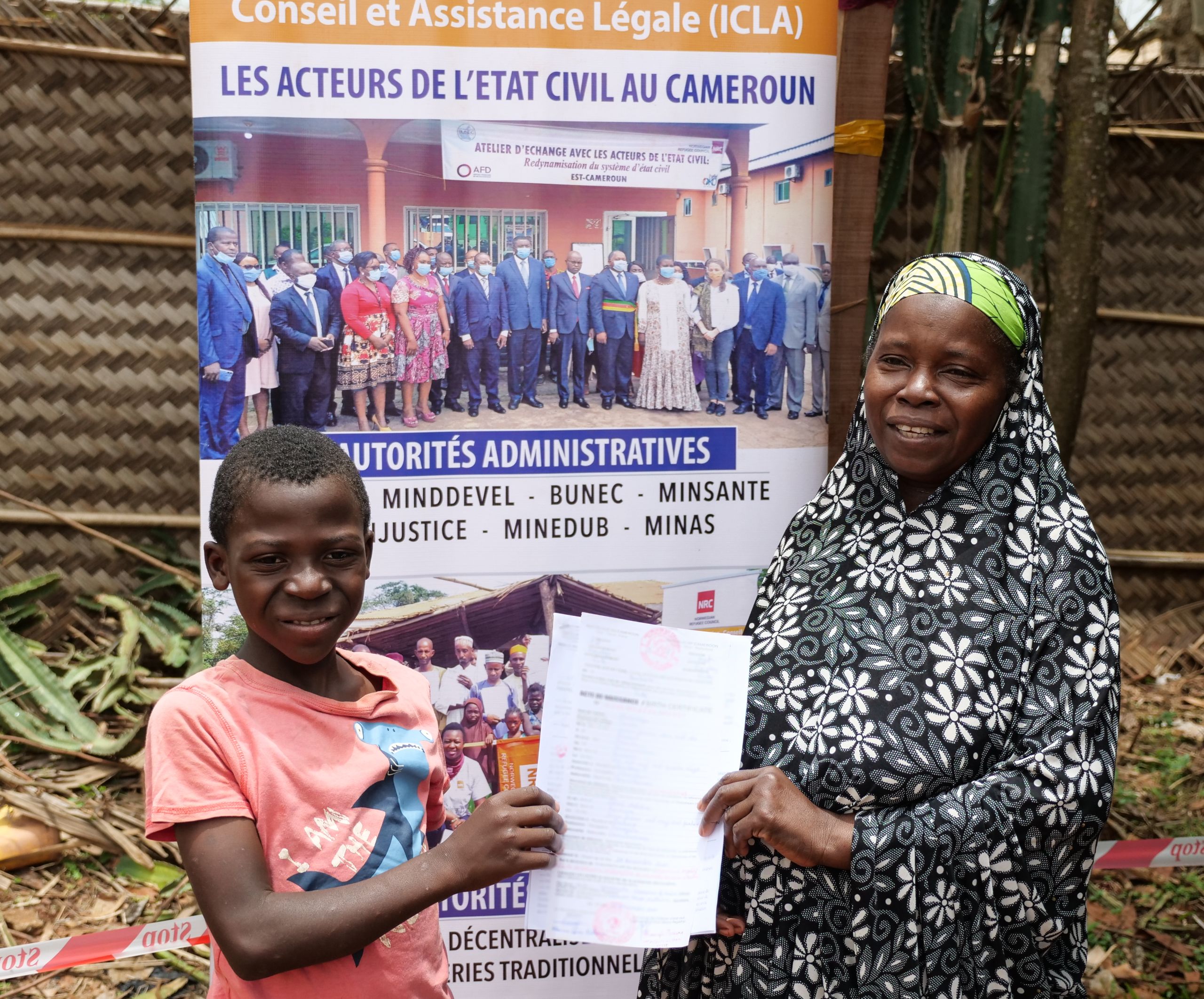
Salamatou Djibrine and her nephew, 10, pose for a photo after receiving his birth certificate. Photo: Itunu Kuku/NRC
Salamatou Djibrine and her nephew, 10, pose for a photo after receiving his birth certificate. Photo: Itunu Kuku/NRC
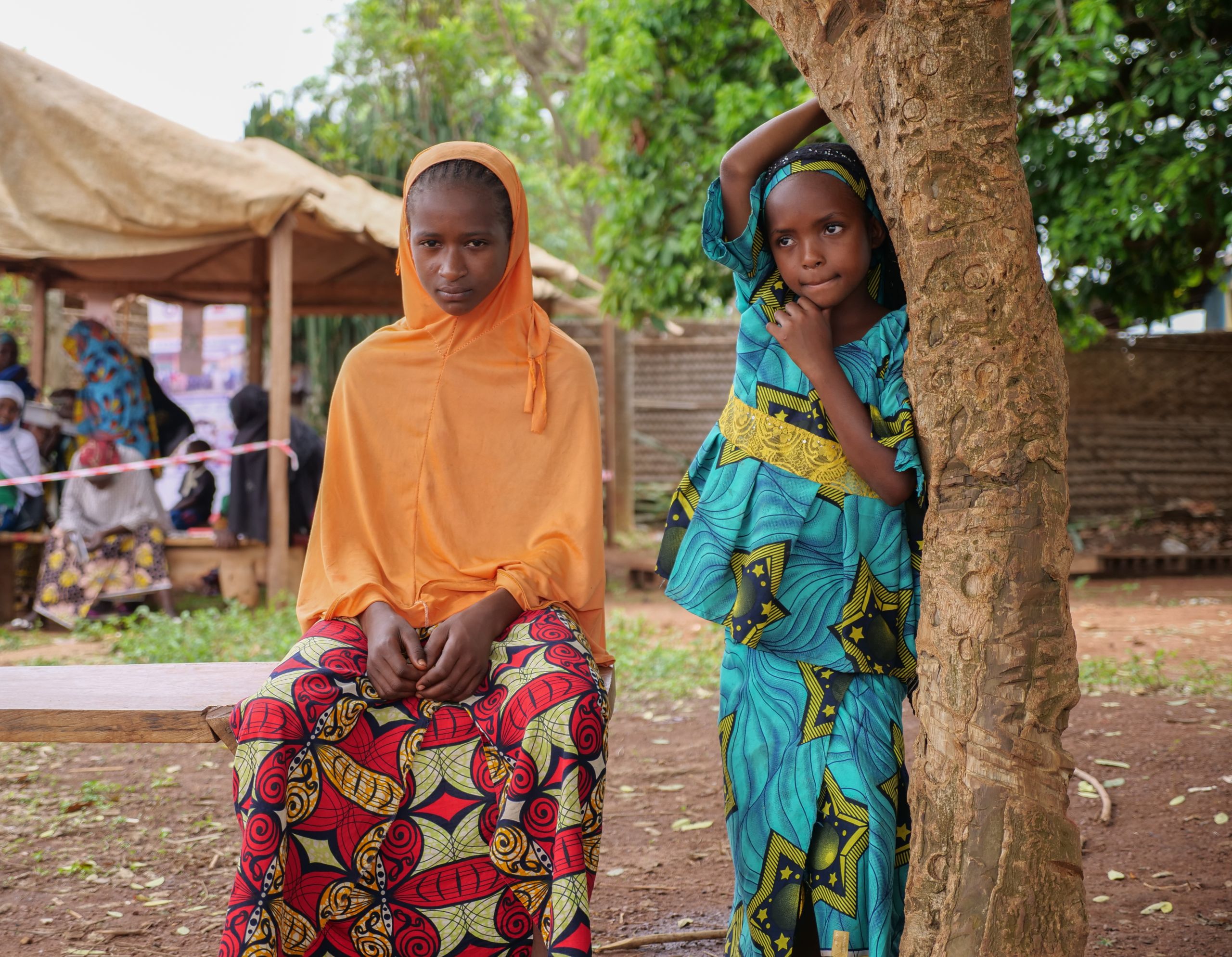
Mounira, 11, was only four years old when she arrived in Cameroon after fleeing CAR with her parents. She is one of the children receiving their birth certificates today. She understands the importance of birth certificates.
“I like studying English and I want to be become a doctor when I grow up. A birth certificate is very important for this, because without it even if you go to school you won’t be able to finish your studies.”
However, birth certificates alone are not going to alleviate the challenges that refugees in Cameroon face. Waning food assistance, difficult conditions in camps and limited freedom of movement for those in the villages are still major challenges.
The hardship of over 290,000 refugees in Cameroon is unfortunately completely under the radar. The dwindling international attention to this crisis coupled with reduced financial support from donors has led to the downsizing and even the closure of some of the humanitarian agencies providing assistance to refugees in eastern Cameroon.
It is vital that the international community takes a renewed interest in the plight of Central African refugees in Cameroon in order to meet the enormous needs.
You have the power to stop this neglect. The more you know, see and hear about these refugees, the less they will be neglected.

